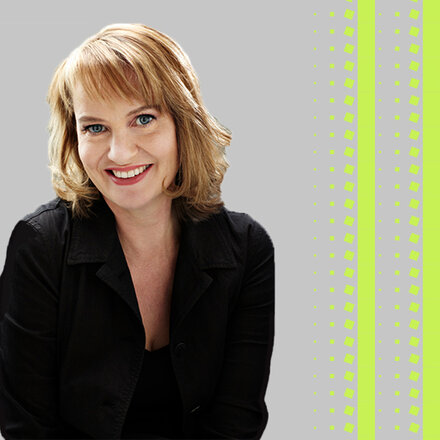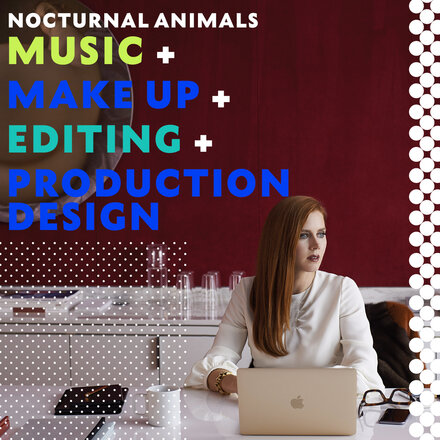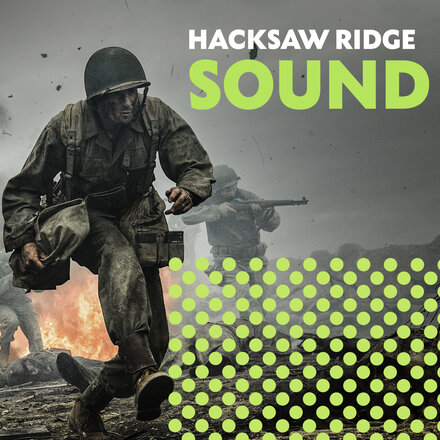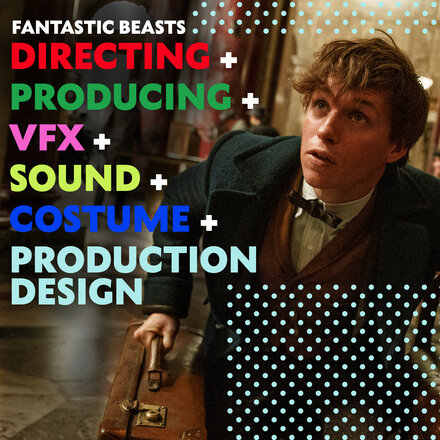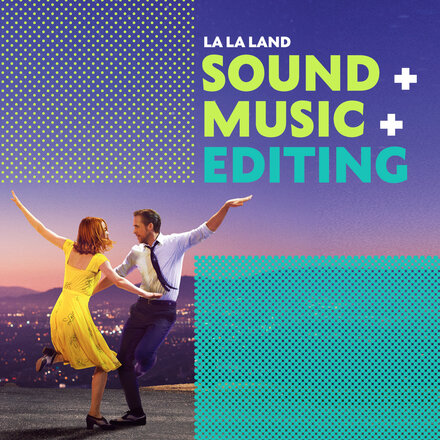Words by Ben Falk
What's the route for someone to become a boom operator?
You start as sound maintenance, or sound assistant, then you progress to second boom to get some more experience. It’s a natural progression. You [change roles] when you’re confident. Some people jump the gun too soon. You’ve got to be comfortable with being up front, being the first line of defence.
How long did it take between deciding to become a boom operator and actually doing it for a living?
I spent a week during my summer holidays at a hire company in Cricklewood that was known as the launchpad for the industry. I must have pressed the right buttons because they said would I like a job.
I spent five years working for them. They rented out equipment to all the big sound mixers because at the time not so many people had their own gear. We rented equipment to the people who did Raiders Of The Lost Ark and Star Wars. I learned all about the equipment there.
Then someone came and said they were looking for someone to do two-and-a-half months on Dempsey And Makepeace and they needed a sound assistant, so I thought I’d do that and went freelance.
I was a sound assistant for about six years and then went to work for Peter Glossop on Immortal Beloved (1994). He took a chance on a new boom op, but we got on well, we gelled and that was it really. I’ve been working with Peter for nearly 19 years.
"It is an art form, it's not just a case of brute force and ignorance."
So it's very much a team effort?
Yes, you’ll find that in the camera department too. If I get it wrong upfront, the recorder has nothing to work with and vice versa. And an assistant is invaluable too.
You say you're the first line of defence. What do you mean?
If there’s going to be a noise that’s going to cause you a problem, you have to be forceful when need be, diplomat when need be. It’s not just sticking a mic over the top. Although that’s important. And putting the radio mics on, making sure they’re in a good position. Jumping in and adjusting them if it’s not quite right.
People have an in-ear piece now, so I keep one ear in and one ear open to the set, so you can hear anything. You’re protecting the mixer before it becomes an issue.
How muscular are your arms then?
(laughs) It’s more learning where to hold it, how to hold it and getting the balance in the right place. And knowing who’s going to speak – so when you have to extend it with your arms, it’s for a brief period of time. It is an art form, it’s not just a case of brute force and ignorance. What you’ve got to do is protect your back. I popped a disc on Gosford Park, but you take care of yourself and I was back working the following day.
"You have to be forceful when need be, diplomat when need be."
Were there times you thought it wouldn't work out?
When you make the transition, you think ‘am I going to get the work, because I have to prove myself all over again.’ But I’ve been fortunate. Maybe I’ve done it in the right way. I spent many years as an assistant and you do have to do that progression. Rushing through too fast, you can miss things and you have to retrospectively learn.
Looking back, is there anything you would have done differently to help you get where you are?
Not really, because the people I’ve worked with over the years have been good people. If you don’t gel with somebody move on. Peter and myself have been possibly the longest-standing partnership in the industry, certainly in this country. That’s because we have an understanding, a mutual sense of humour.
There seem to be a lot more whispering actors these days. How do you deal with that?
That’s where the political side of things comes in. It’s always been a battle! One of the worst things for bringing their level down is when they’re playing an accent. If they’re not confident with the accent, they’ll swallow words and that’s where it becomes an issue.
And finally, who's harder to work with, Matt Damon or a dog?
(laughs) The hardest is the dog, because apart from the fact it won’t do what you want when you want it, it always looks at the microphone!
Pudsey the Dog: The Movie is in cinemas on 18 July.


